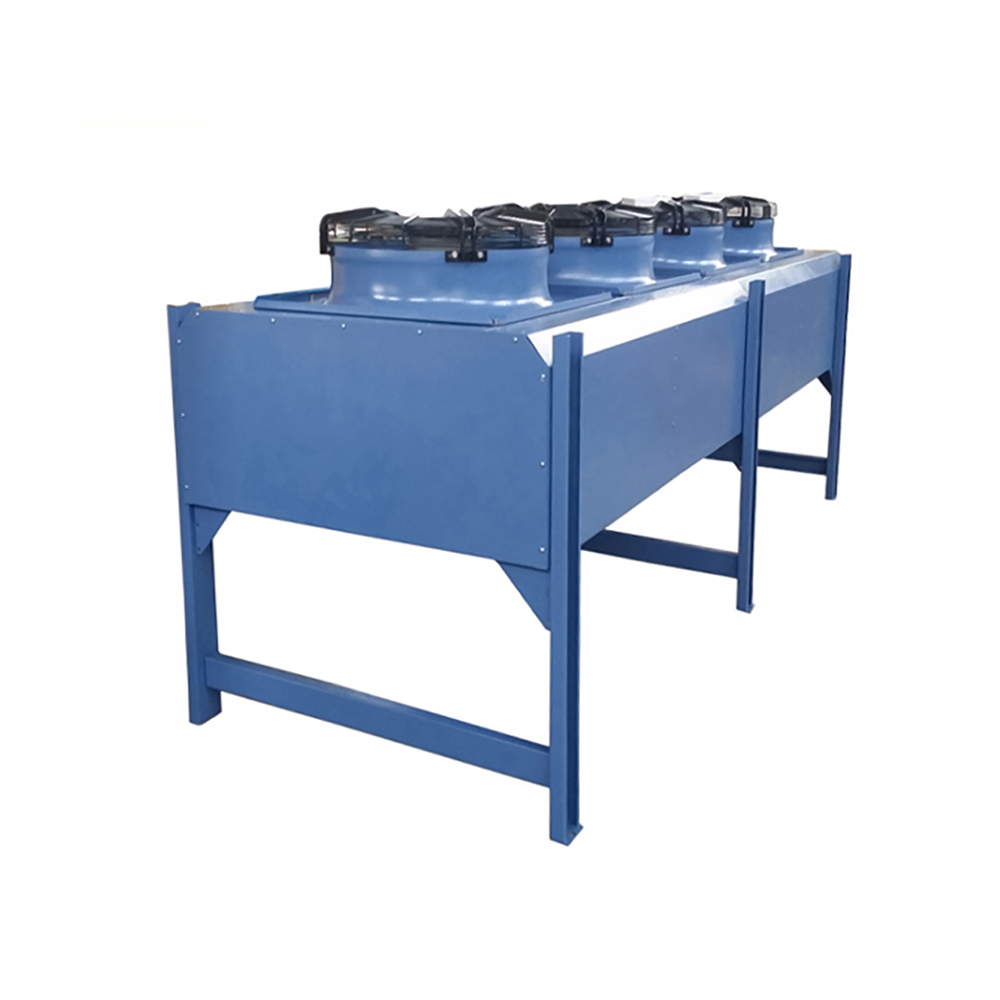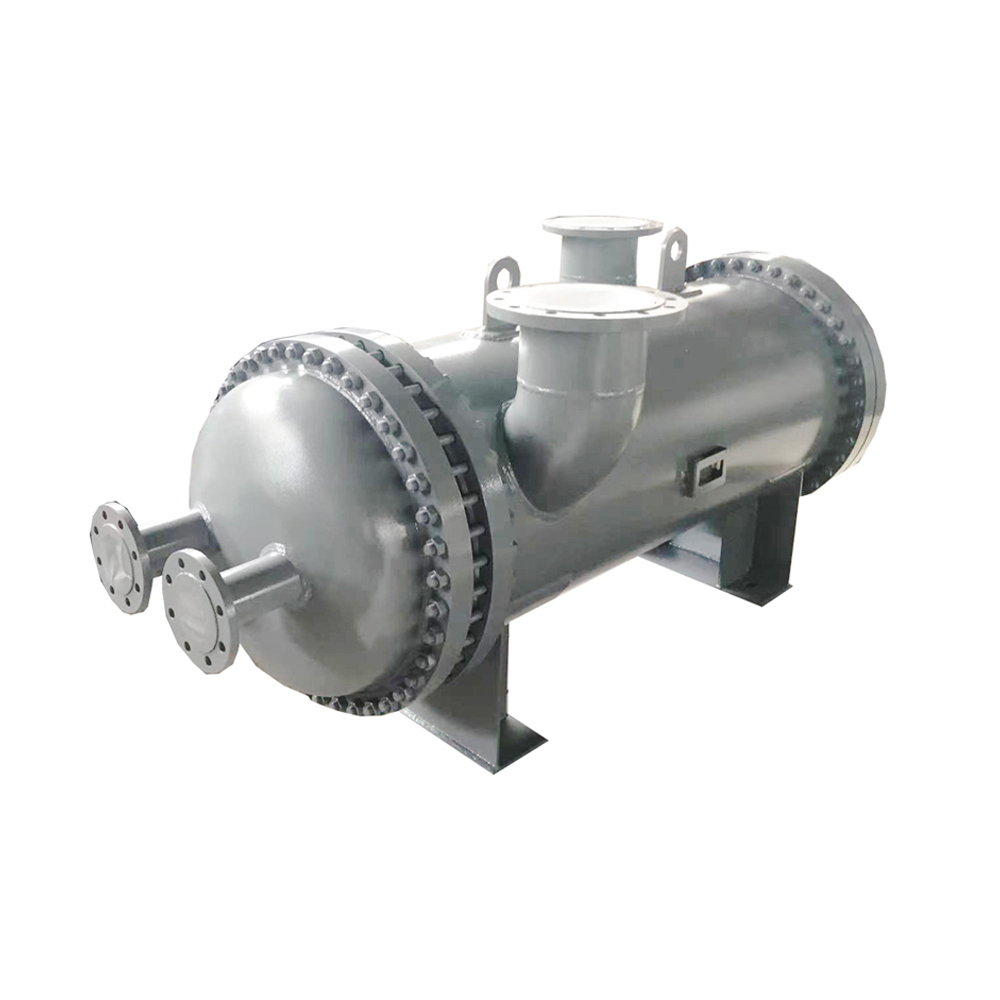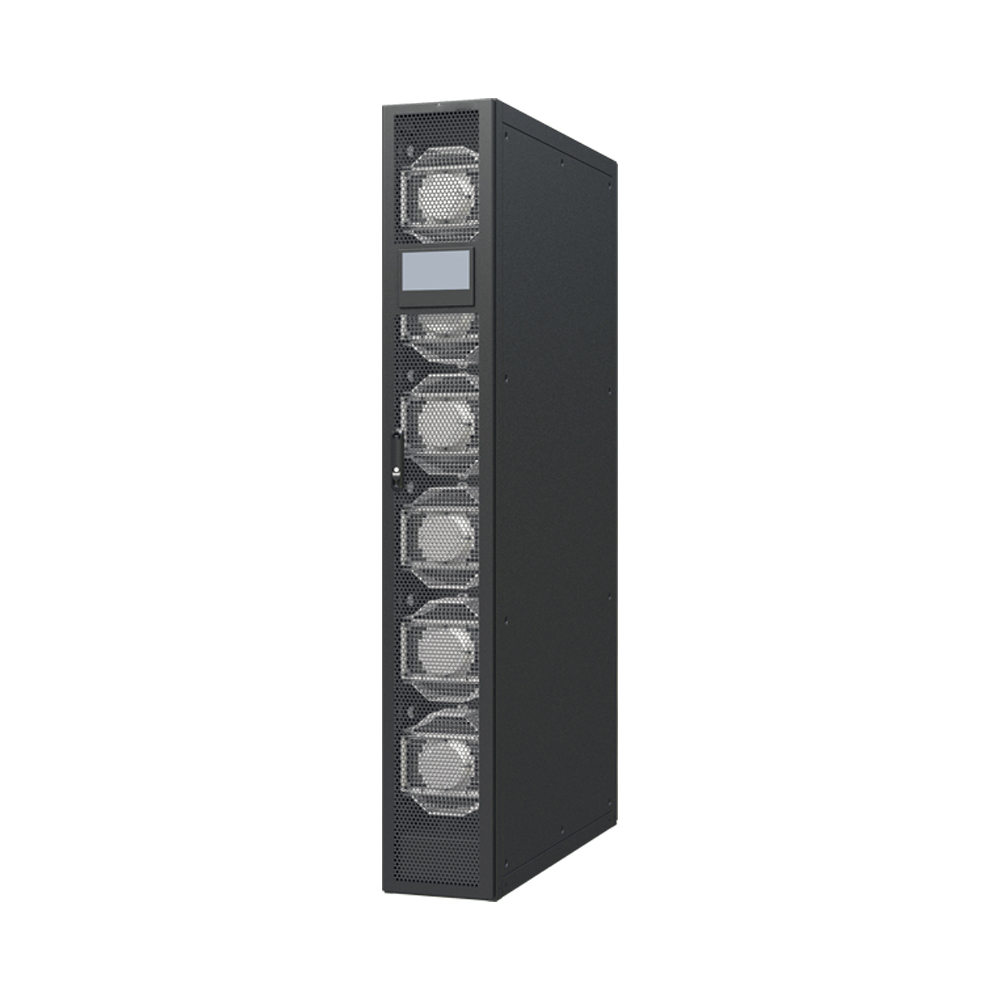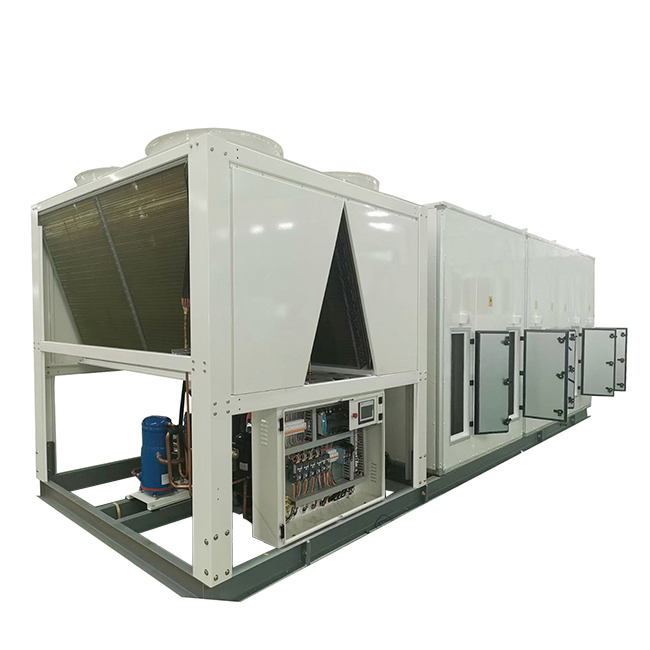The engine cooling radiator is a crucial component in any vehicle's cooling system. Its primary function is to dissipate heat from the engine coolant, preventing overheating and ensuring optimal engine performance. This heat transfer is accomplished through a network of thin tubes and fins, which maximize the surface area exposed to the airflow. Understanding how your engine cooling radiator works is key to maintaining your vehicle's health and longevity. A malfunctioning radiator can lead to serious engine damage, highlighting the importance of regular inspection and maintenance.
Types of Engine Cooling Radiators
Engine cooling radiators come in various designs, each with its own strengths and weaknesses. The choice of radiator often depends on the vehicle's make, model, and cooling system requirements.
Copper Radiators
Copper radiators are known for their excellent heat dissipation properties and durability. They are generally more expensive than aluminum radiators but offer superior longevity and performance. Their robust construction can withstand higher pressures and temperatures.
Aluminum Radiators
Aluminum radiators are lighter and often less expensive than copper radiators. They offer good heat transfer capabilities, but they are generally less durable and more susceptible to damage from corrosion. Aluminum radiators are a popular choice for many modern vehicles due to their lightweight nature.
Plastic Radiators
Plastic radiators are increasingly used in some vehicle applications, particularly in smaller engines or where weight reduction is critical. While less expensive, they generally have a shorter lifespan and are less resistant to high temperatures and pressures compared to copper or aluminum radiators.
Maintaining Your Engine Cooling Radiator
Regular maintenance is key to extending the lifespan of your engine cooling radiator. Neglecting maintenance can lead to reduced efficiency, leaks, and ultimately, radiator failure.
Regular Inspection
Visually inspect your radiator regularly for any signs of leaks, damage, or corrosion. Look for rust, cracks, or loose connections. Regularly checking your coolant level is also crucial.
Flushing the Cooling System
Periodically flushing the cooling system removes accumulated debris and contaminants, improving the efficiency of the engine cooling radiator and the entire cooling system. This is typically recommended every two years or according to the vehicle manufacturer's recommendations.
Coolant Replacement
Using the correct type and concentration of coolant is essential. Old, degraded coolant can lose its ability to effectively transfer heat, putting added stress on your engine cooling radiator. Consult your vehicle's owner's manual for the recommended coolant type and replacement intervals.
Troubleshooting Common Radiator Problems
Knowing how to identify and address common engine cooling radiator problems can save you time and money. Quick action can prevent more extensive damage.
Overheating
Overheating is a clear indication of a problem within the cooling system. This could be due to a variety of factors, including a malfunctioning radiator, low coolant levels, a clogged radiator, or a faulty water pump. Addressing overheating promptly is crucial to preventing significant engine damage.
Leaks
Leaks in the radiator are typically indicated by visible coolant stains or puddles under the vehicle. Leaks can range from minor seepage to major gushing, requiring different levels of repair or replacement. Identifying the source of the leak is critical for effective repair.
Choosing the Right Engine Cooling Radiator
Selecting the appropriate engine cooling radiator for your vehicle is crucial. Consider factors such as the vehicle's make, model, and engine size. Consulting a qualified mechanic or referring to your vehicle's owner's manual is highly recommended. For high-performance applications, upgrading to a higher-capacity radiator might be beneficial. Don't forget to check for compatibility with your existing cooling system components.
For high-quality engine cooling radiators and other automotive cooling solutions, consider exploring Shanghai SHENGLIN M&E Technology Co.,Ltd. They offer a wide range of products to meet diverse needs.
References
This section will include references to manufacturer websites and other credible sources used for data and information in this article once specific data points are included.









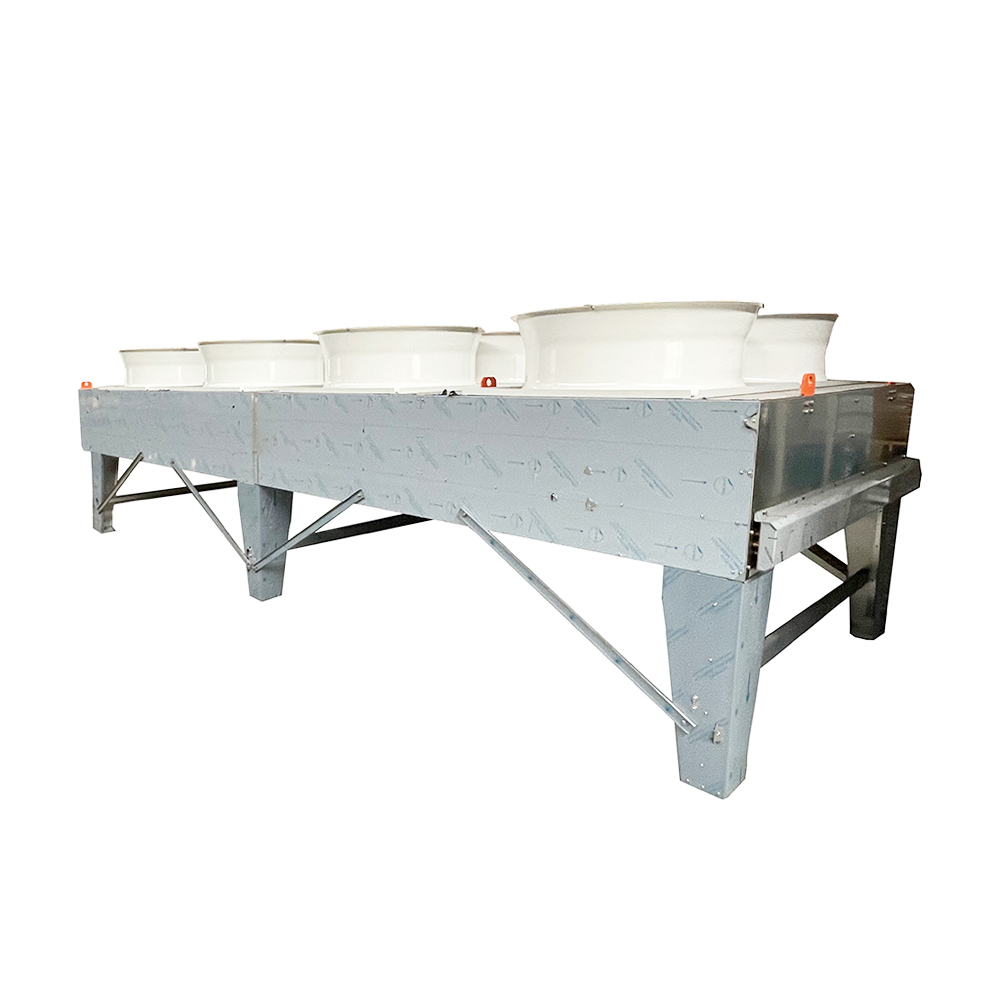
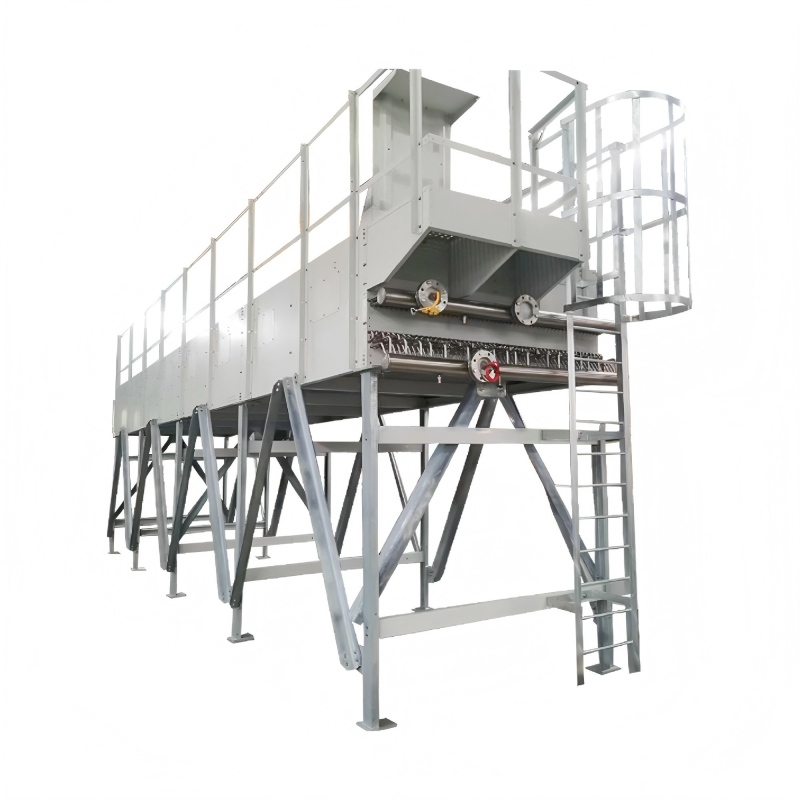
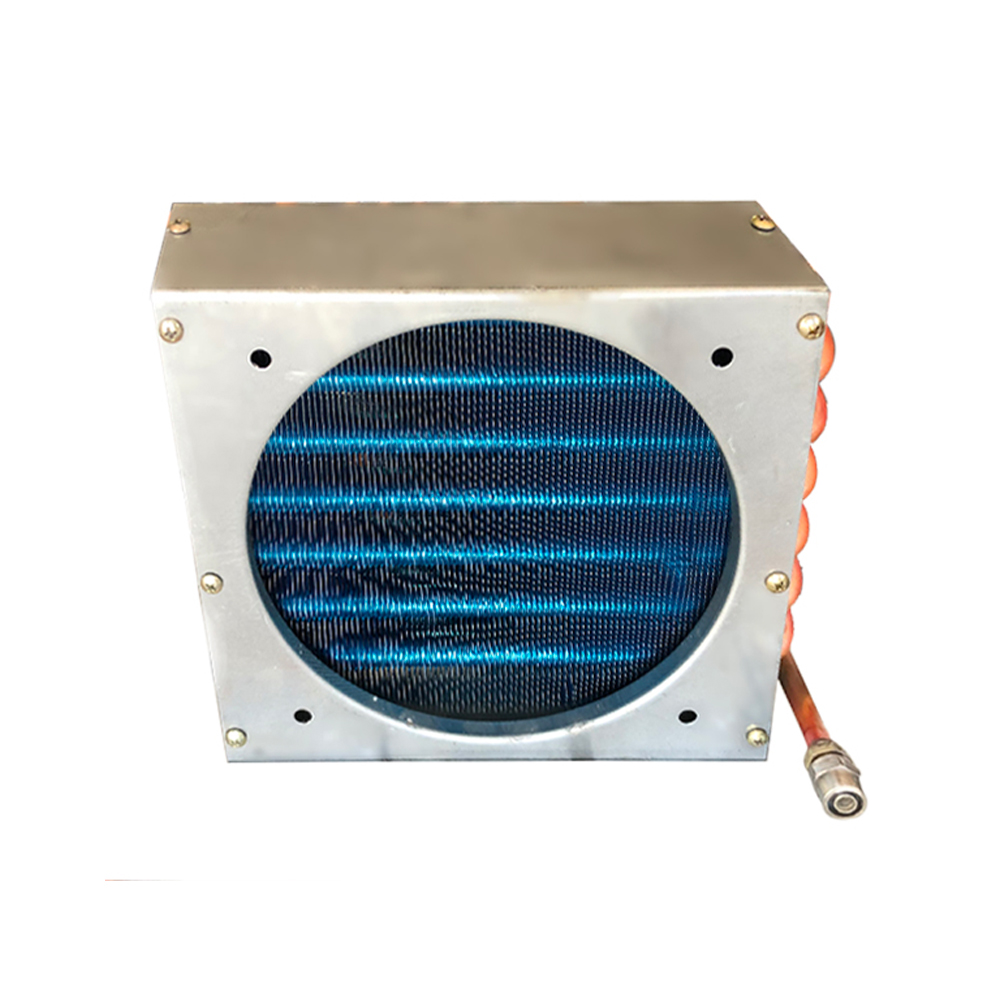
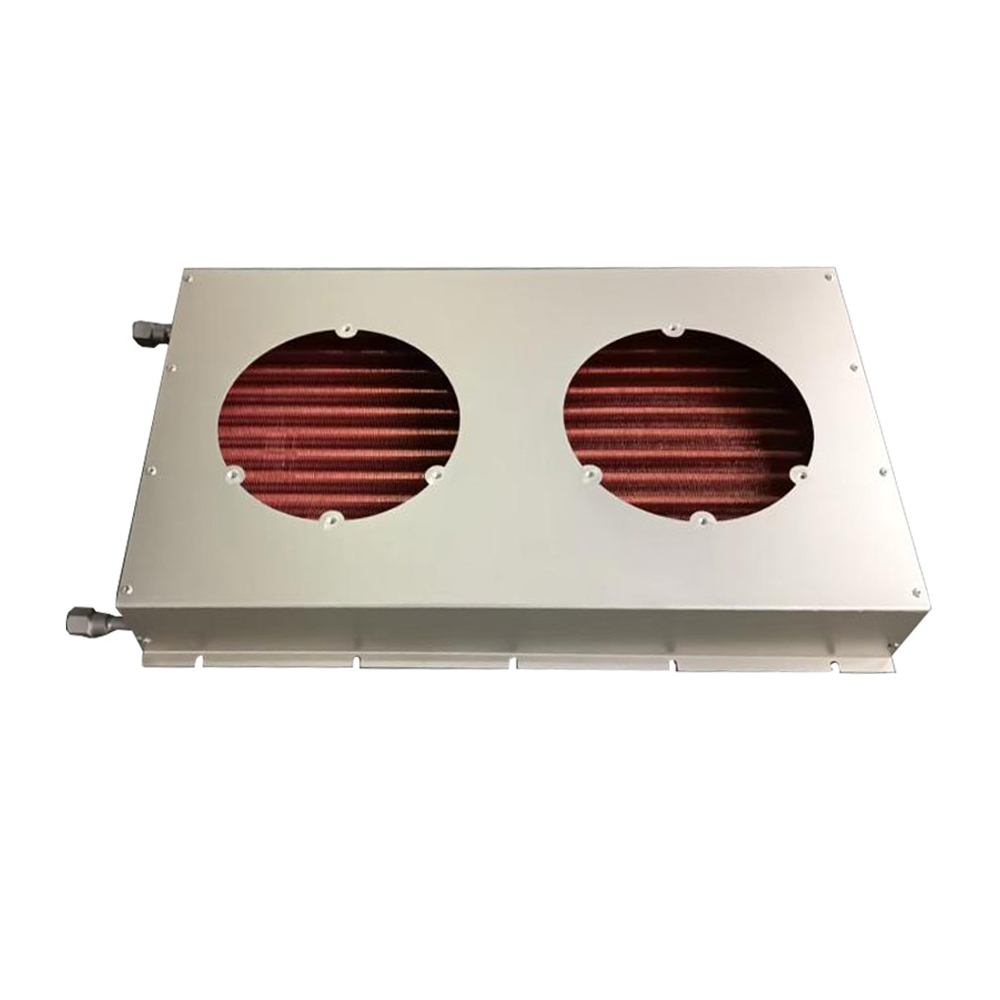
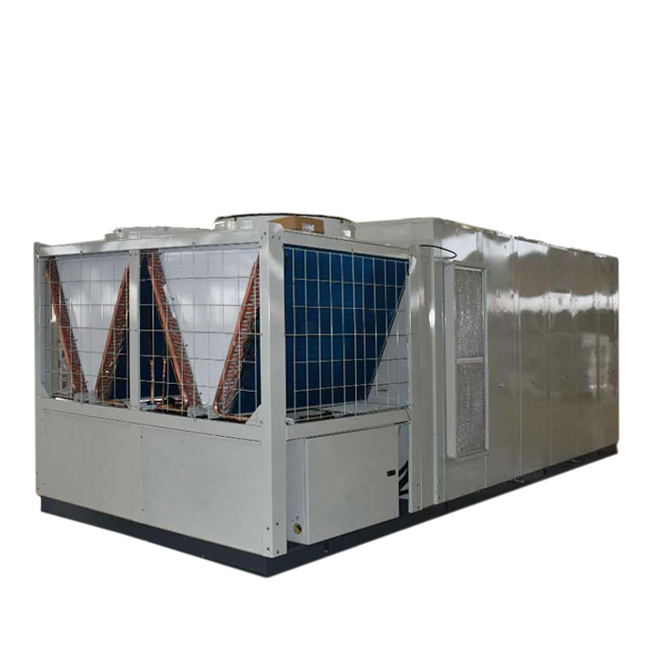
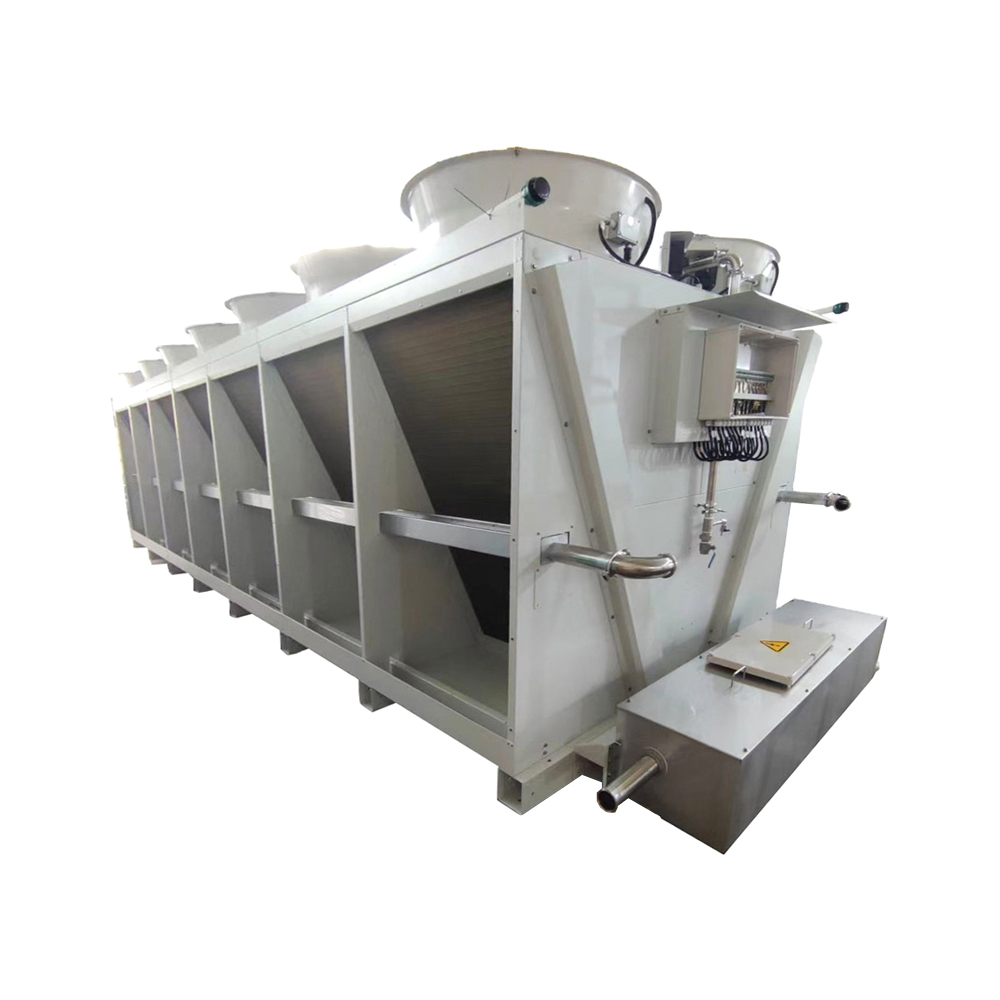
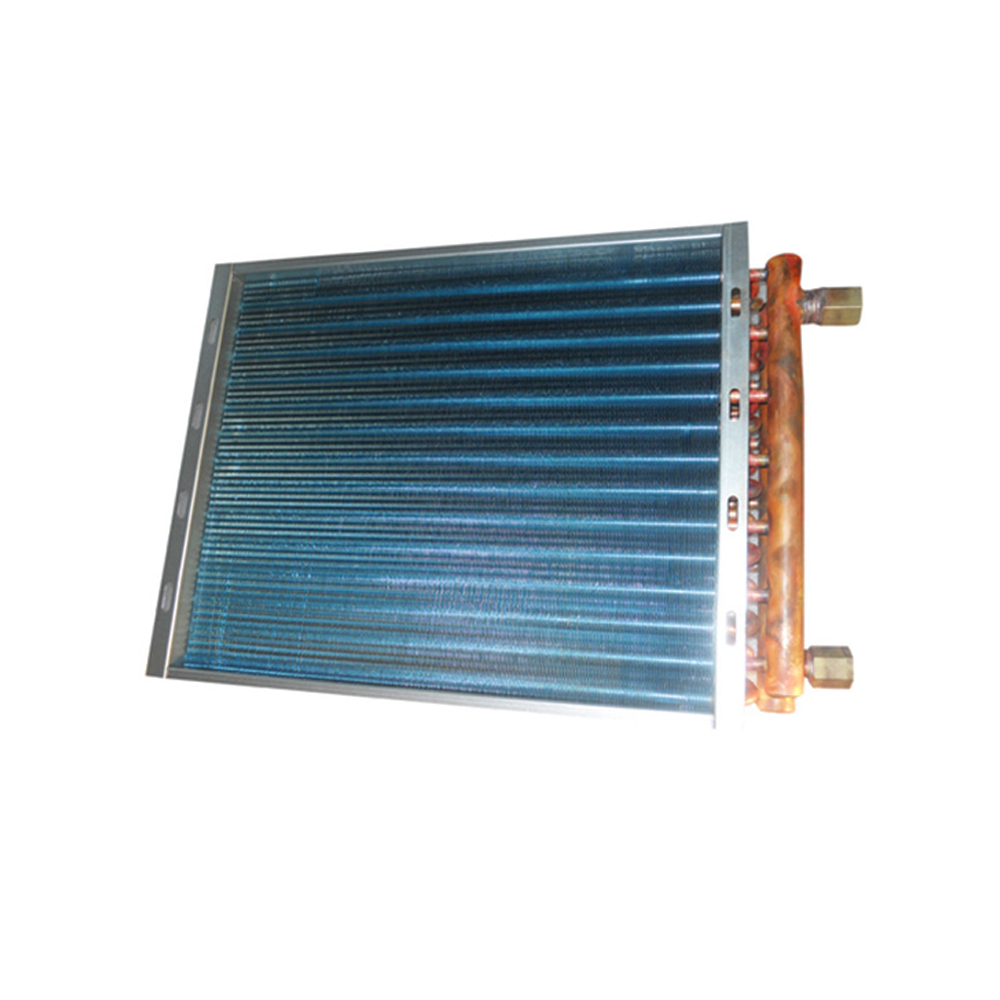
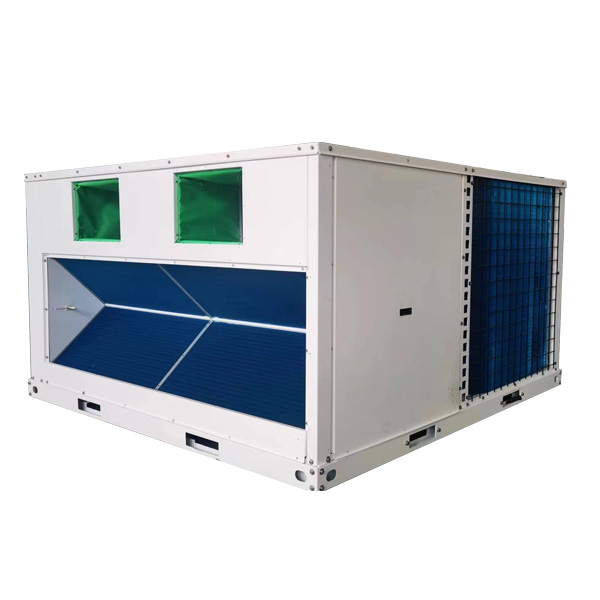

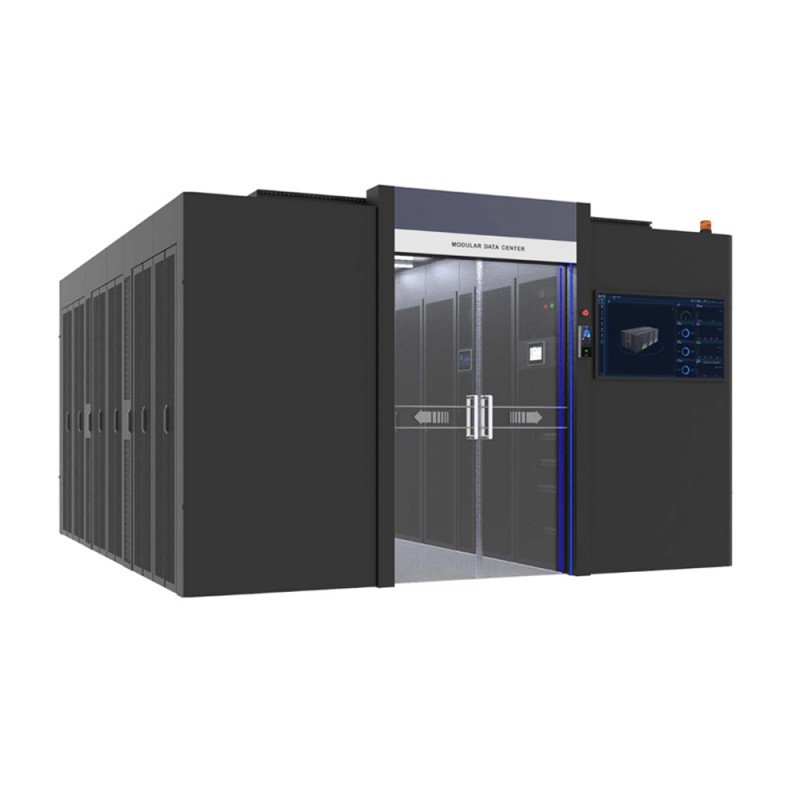
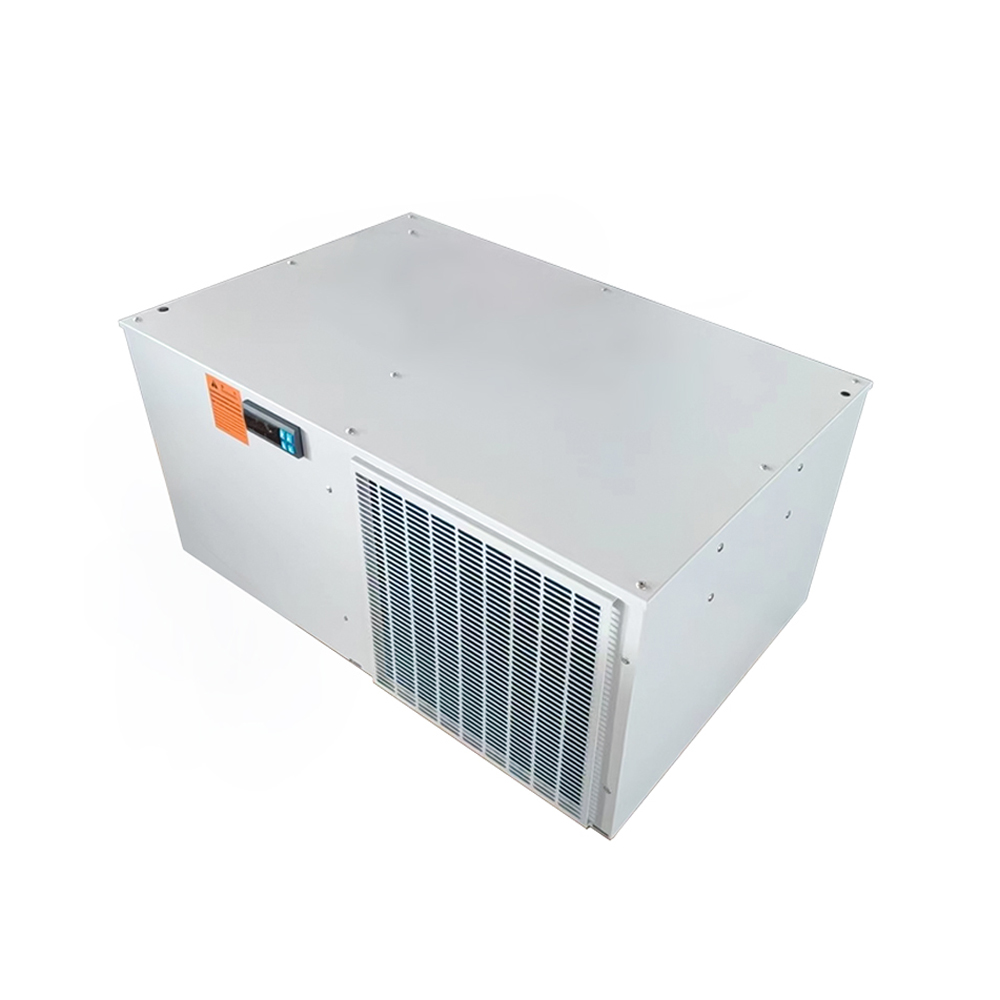
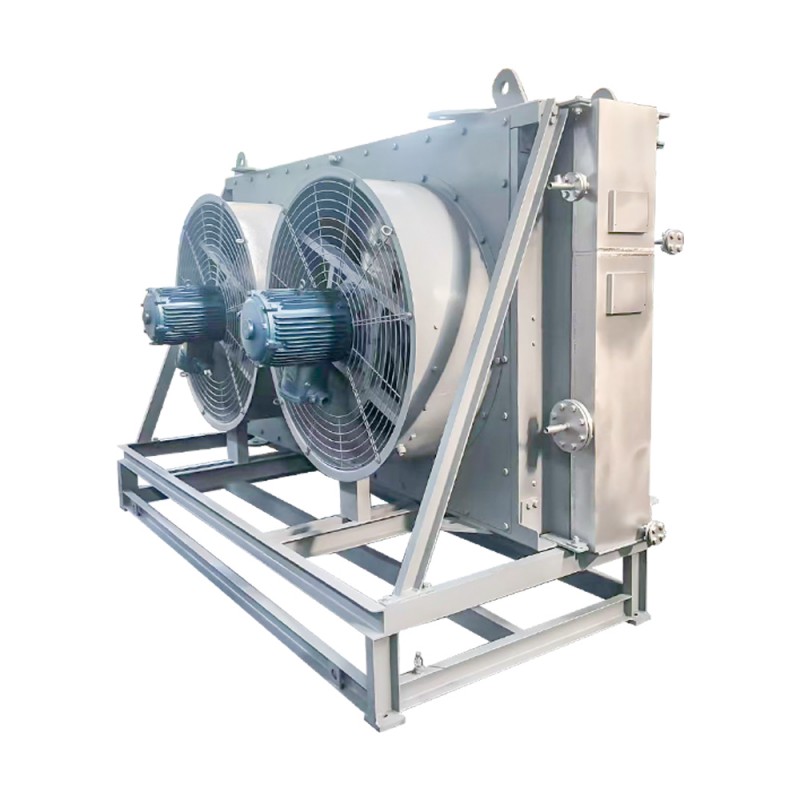
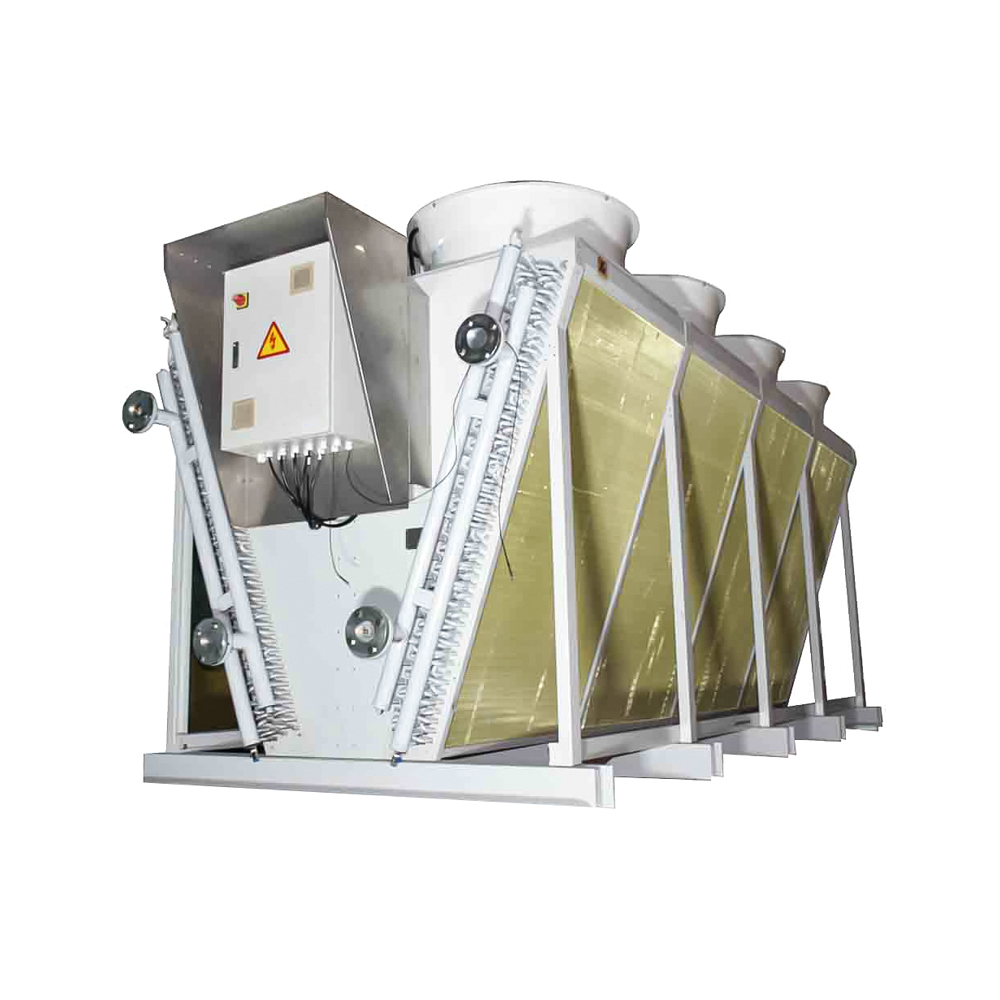
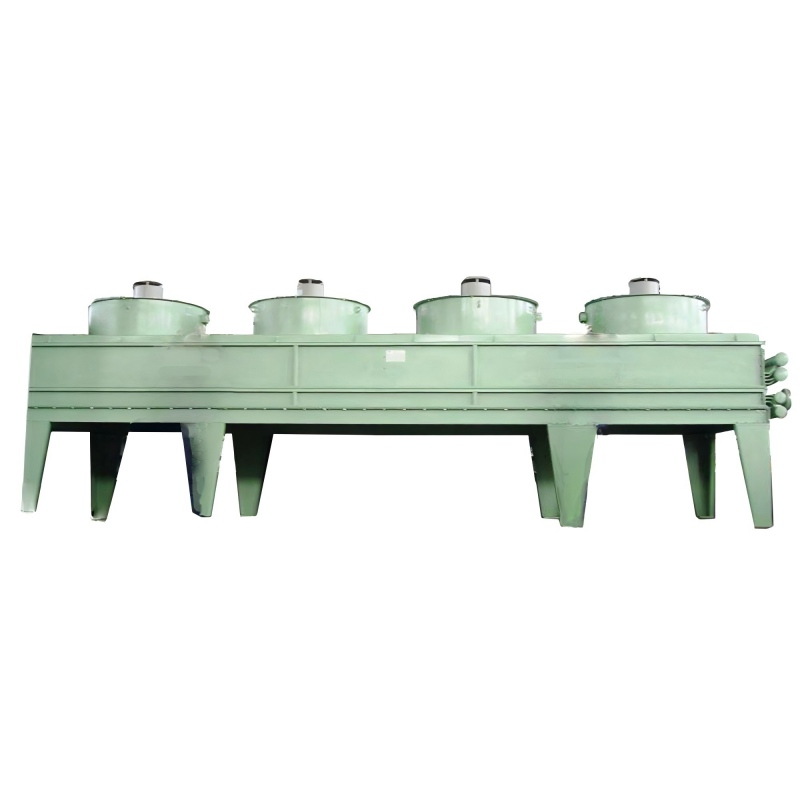
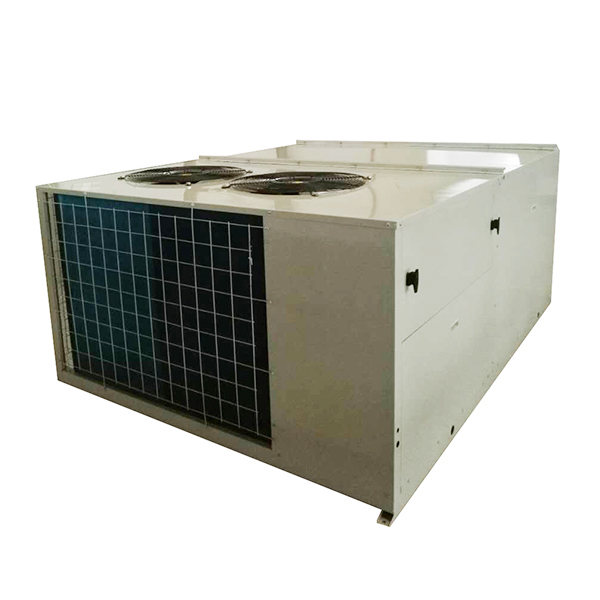
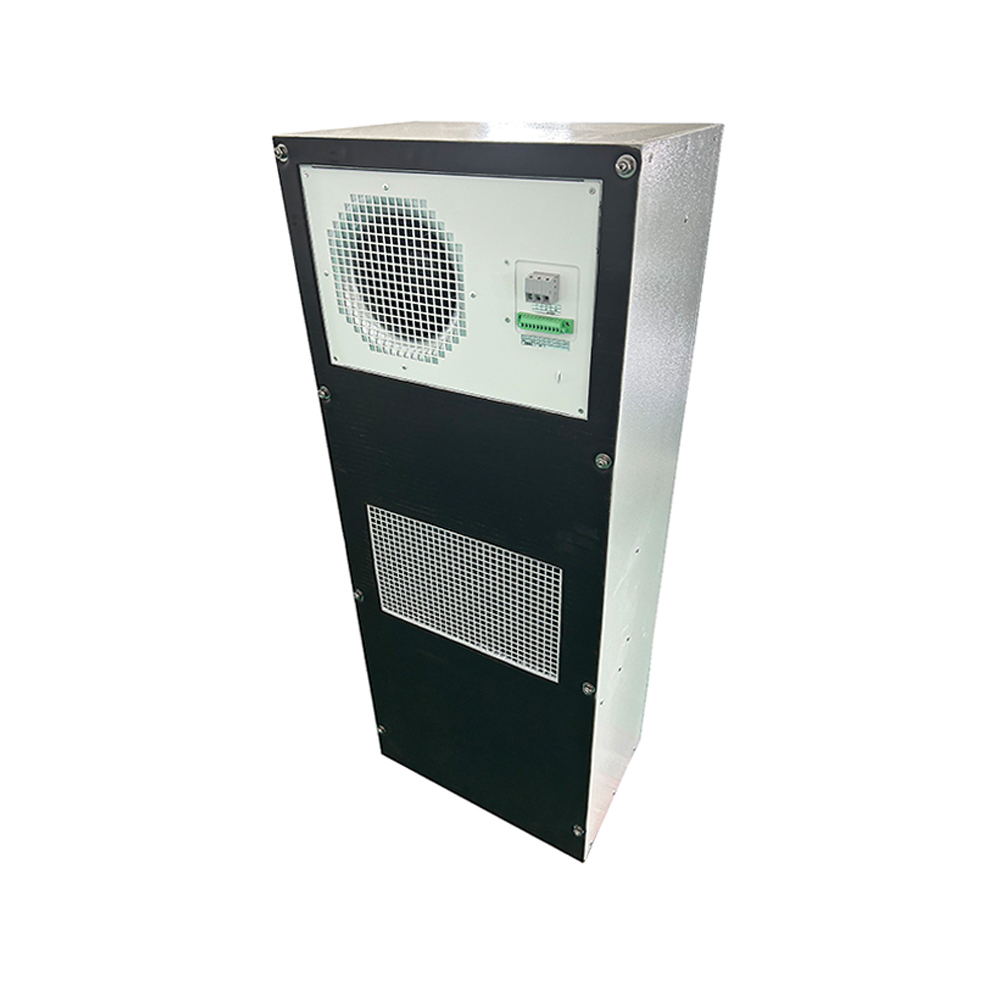
.jpg)
